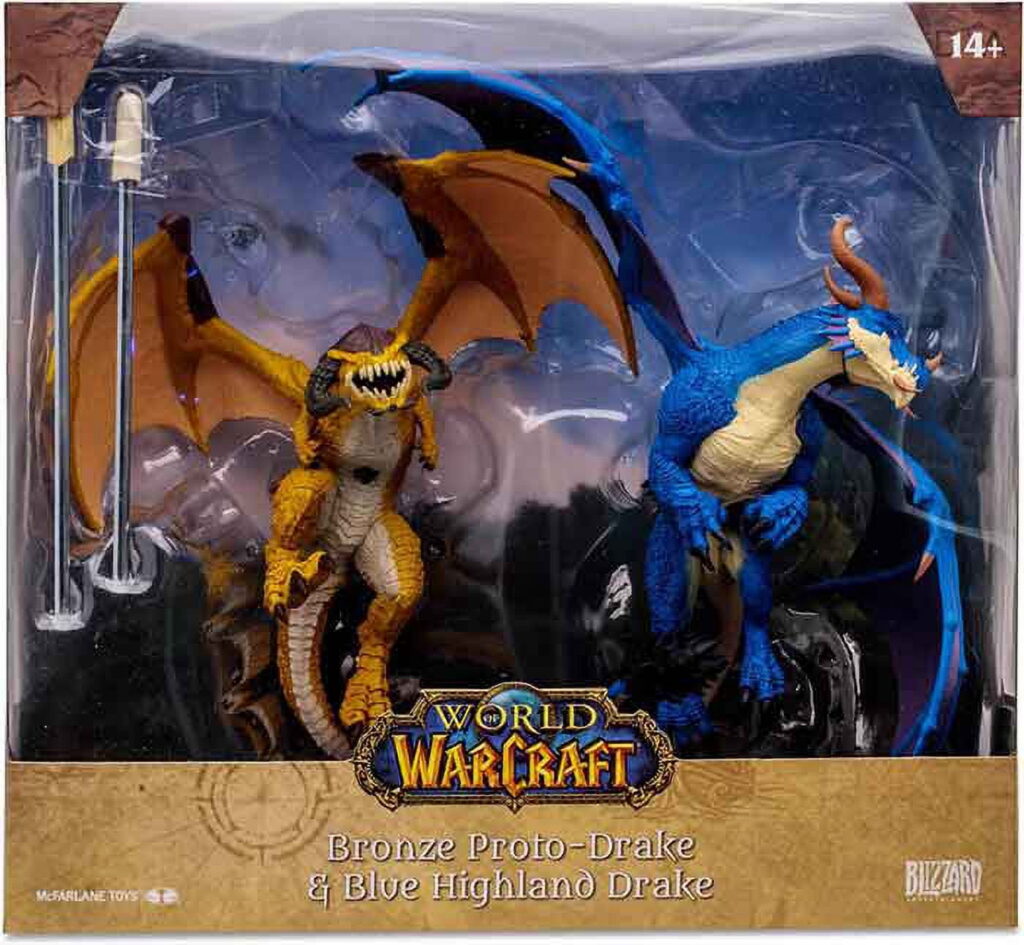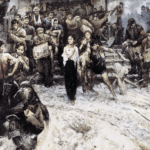Nezha as a Proto-Superhero: A Mythological Icon Through a Superhero Lens
Introduction
Long before Superman or Spider-Man graced comic book pages, China’s mythical Nezha embodied the archetype of the superhero. With superhuman strength, shape-shifting abilities, and a rebellious spirit, Nezha’s legend mirrors modern superhero narratives. Analyzing his divine origins, extraordinary powers, and defiance of authority through a Western comics lens reveals how ancient myths laid the foundation for today’s heroic icons.
Nezha’s Superhuman Powers and Origin Story
Nezha’s abilities read like a superhero’s power set: he wields the Cosmic Ring and Flame-tipped Spear, controls wind and fire, and even regenerates his body—akin to characters like Wolverine or Deadpool. Unlike Western heroes who gain powers through accidents or technology, Nezha is born divine, yet his origin echoes modern tropes:
- Prophecy & Destiny: Like Thor or Dr. Strange, he is fated for greatness but must overcome a dangerous infancy.
- Artificial Reconstruction: After self-sacrifice, his body is rebuilt by immortal sages—a precursor to cyborg heroes like Iron Man.
- Divine Arsenal: His weapons function like mystical equivalents of Mjolnir or Green Lantern’s ring.
This blend of innate divinity and earned power mirrors superheroes who balance destiny with personal struggle.
The Rebellious Hero: Nezha’s Anti-Authoritarian Edge
Modern antiheroes like Deadpool or The Punisher owe a debt to Nezha’s defiance. His clashes with deities and paternal figures reflect the tension between individualism and duty—a core theme in superhero narratives. Key parallels include:
- Moral Complexity: Nezha kills a dragon prince to protect villagers but incurs divine wrath, much like Batman’s vigilante justice faces legal pushback.
- Redemptive Arc: His eventual atonement parallels characters such as Magneto or Loki, who balance rebellion with noble intent.
- Cultural Impact: His defiance resonates in heroes like Spider-Man, whose rebellion against authority (e.g., J. Jonah Jameson) defines his identity.
These elements position Nezha not just as a god, but as a prototype for the flawed, relatable heroes dominating modern media.
Conclusion
Nezha’s mythos—with its superhuman feats, tragic origins, and rebellious ethos—foreshadows the DNA of Western superheroes. His abilities mirror iconic powers, while his struggles against cosmic and familial forces reflect the moral complexity of modern protagonists. By examining Nezha through this lens, we uncover how ancient myths and contemporary comics share a universal language of heroism, proving that legendary figures transcend cultural divides.

